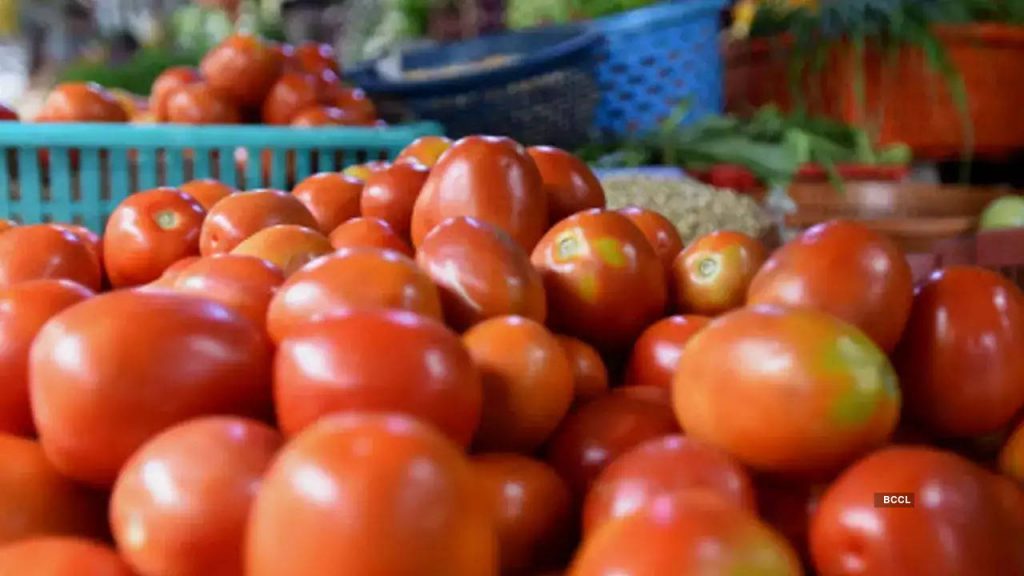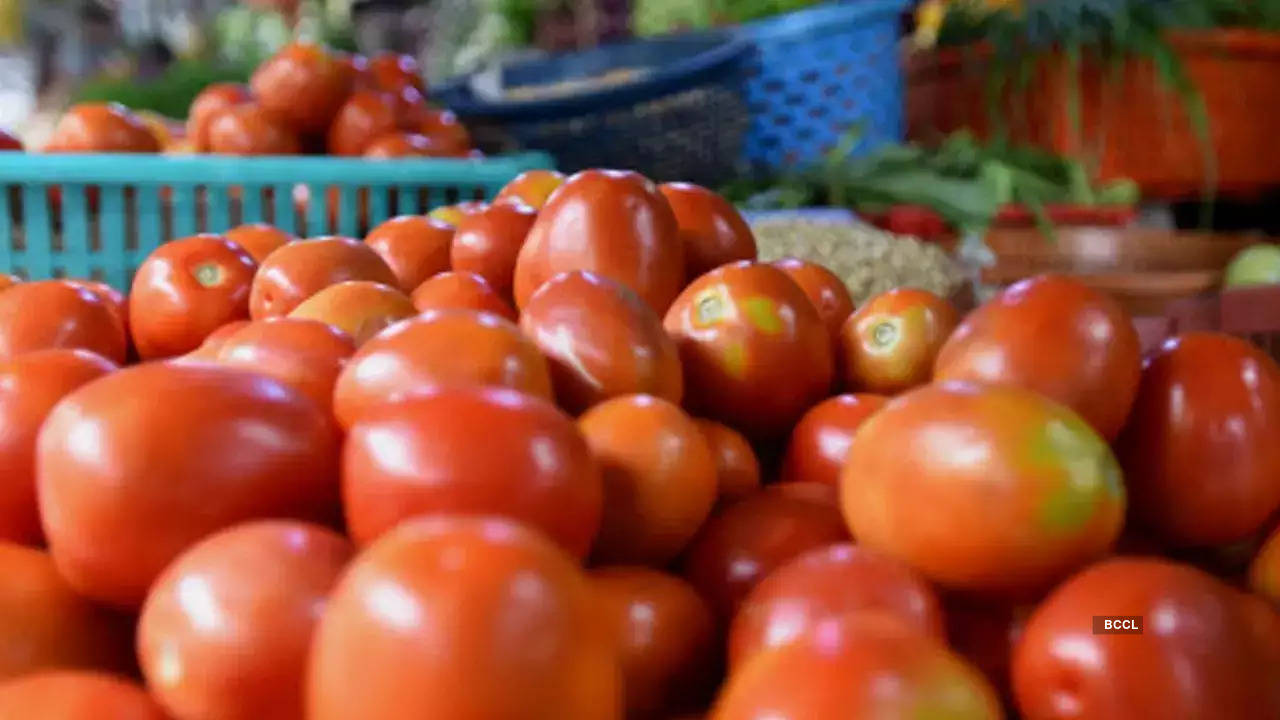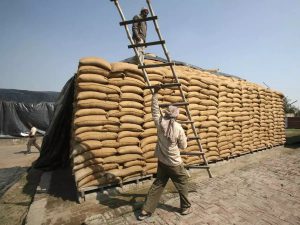Synopsis
Union finance minister Nirmala Sitharaman on Thursday said that India will be importing tomatoes from Nepal, amid a record high surge in prices in the country. During her speech in Parliament, Sitharaman informed that the first lot of imports are likely to reach in Varanasi, Lucknow and Kanpur cities in northern India by Friday.
Union finance minister Nirmala Sitharaman on Thursday said that India will be importing tomatoes from Nepal, amid a record high surge in prices in the country.
During her speech in Parliament, Sitharaman informed that the first lot of imports are likely to reach in Varanasi, Lucknow and Kanpur cities in northern India by Friday.
Tomato prices have surged more than 1,400 per cent at the wholesale market to a record 140 rupees ($1.69) per kg in the past three months, with farmers citing reasons including poor rainfall, higher temperatures and a virus outbreak that have hit the crop, as per a Reuters report.

RBI governor Shaktikanta Das also said that a spike in tomato prices and rise in cereal, pulses contributed to inflation, while announcing key decisions of the Monetary Policy Committee (MPC) meeting. He further stated that the vegetable prices may see a significant correction.
The tomato prices witnessed a significant surge in June and July leading to high inflation. Vegetables prices, which have a 6 per cent weighting in the overall consumer price index (CPI), hit a seven-month high in June, rising 12 per cent month-on-month, reported PTI, citing official data.
Prices usually ease from August, when the harvest makes its way to the market, but this year, traders expect costs to remain high until October as supplies stay tight.
Costlier staples such as onions, beans, carrots, ginger, chillies and tomatoes not only feed voter discontent ahead of state elections in the next few months: The higher prices are likely to stoke retail inflation, which is expected to hit a seven-month high in July, diminishing the potential for the Reserve Bank of India (RBI) to lower rates this year.
Farmers in the third-biggest tomato-producing region in the southern state of Karnataka say poor rainfall, higher temperatures and a virus outbreak have hit the crop, which was planted on less land than a year ago because of a crash in prices.
Read more at-https://shorturl.at/ailn2





